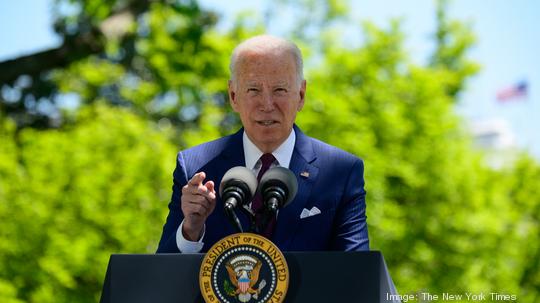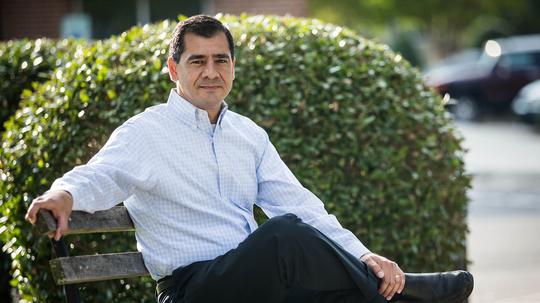
After years of lobbying by the venture capital community, President Joe Biden’s administration has announced plans to revive what’s known as the International Entrepreneur Rule.
The announcement means foreign-born entrepreneurs and their investors can take advantage of the IER when building companies in the U.S. The rule, initially proposed by President Barack Obama just days before he left office in 2017, came under threat when it was targeted for removal by former President Donald Trump – but the Trump administration never did away with it.
Specifically under the IER, a foreign-born entrepreneur can remain in the U.S. to grow their startup for two-and-a-half years (with a possible extension of another two-and-a-half years) if they meet certain conditions:
- The entrepreneur forms a U.S. startup with both growth and job creation potential;
- The entrepreneurship has a significant ownership interest in the startup, an active role in the country, and would substantially further the ability of the company to grow in the U.S.; and
- The startup has received significant funding, such as $250,000 or more in U.S. venture capital or a government grant of at least $100,000
Locally, the news is being celebrated by the investor community.
Lister Delgado, managing partner of Durham’s Idea Fund Partners, calls it “exciting news for entrepreneurship in the U.S.”
“The U.S. entrepreneurial ecosystem is what it is today, in great part, because for many years foreign-born individuals have been able to come to this country to innovate and build great businesses,” he said. “Many great corporations today, like Intel and Google, were started or built by immigrants. I think that this is one of the main factors making the U.S. startup ecosystem so vibrant.”
Delgado said other countries have started to make up ground, however, when it comes to innovation and entrepreneurship.
“In a post Covid-19 world, when it is easier to be global, to work from anywhere, to be virtual, the strength of Silicon Valley and other entrepreneurial regional centers has been somewhat diminished,” Delgado said. “This law should help reverse that trend.”

The United States currently does not have a visa program available for startup founders, according to The Wall Street Journal, which also reported that if the IER were run properly, "about 3,000 foreign entrepreneurs would qualify a year, leading to about 100,000 jobs being created over a decade."
Chris Heivly, a serial entrepreneur most recently affiliated with Tech Stars, said, “Anything that policy or programs can do to reduce the friction that entrepreneurs face is a good thing.”
Heivly said he’s spoken with many economic development organizations about how entrepreneurs have a choice of where they innovate.
“We have to build great startup communities so that these new founders choose here,” he said.

John Replogle, co-founder of Raleigh’s One Better Ventures, said the law “can do nothing but further support America’s lead as the global innovation hub.”
“Attracting the world’s best and brightest to start their business in the U.S. is a competitive asset as we seek to maintain leadership in global markets,” Replogle said.
David Gardner, founder of Cofounders Capital in Cary, agreed that the law is a big deal for innovation.
“The best and brightest from all over the world want to bring their innovation, ventures and jobs to the land of opportunity but for some reason they are often turned away or confronted with protracted legal obstacles that make the process too expensive or time consuming to overcome,” Gardner said.